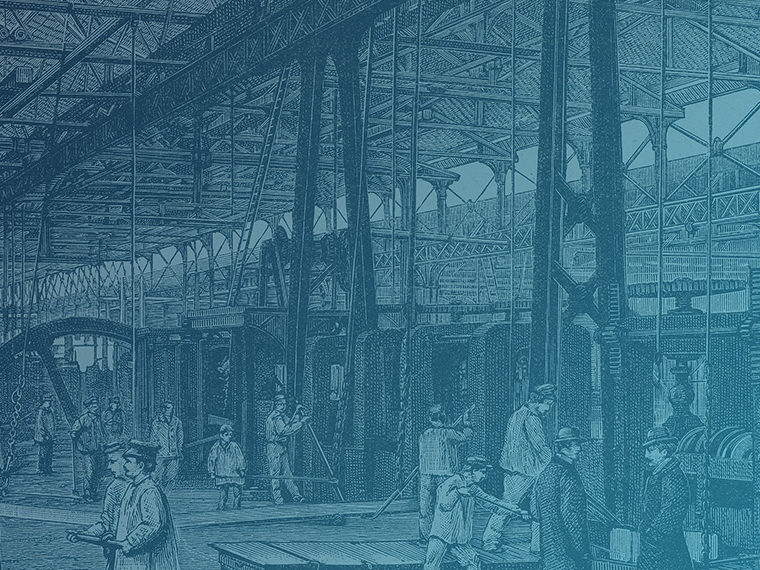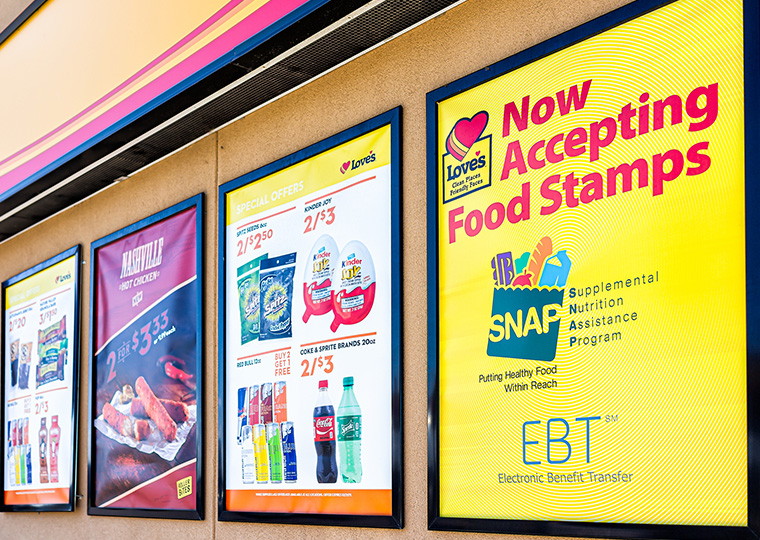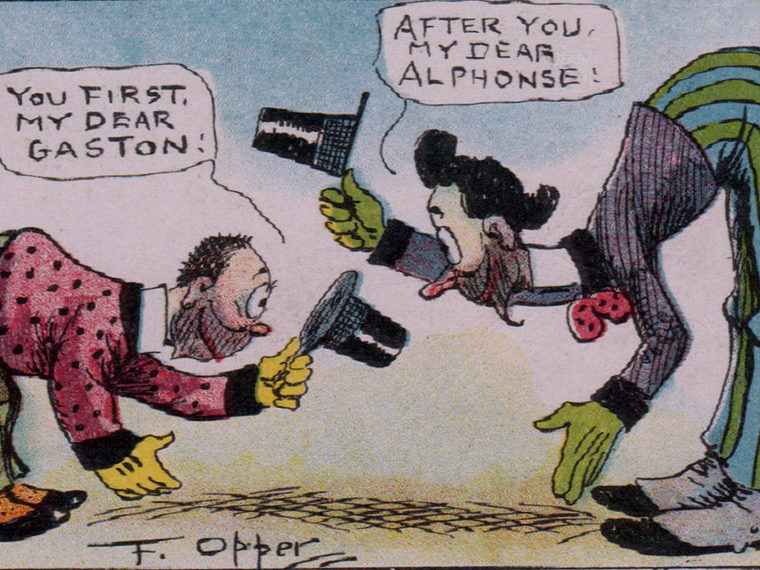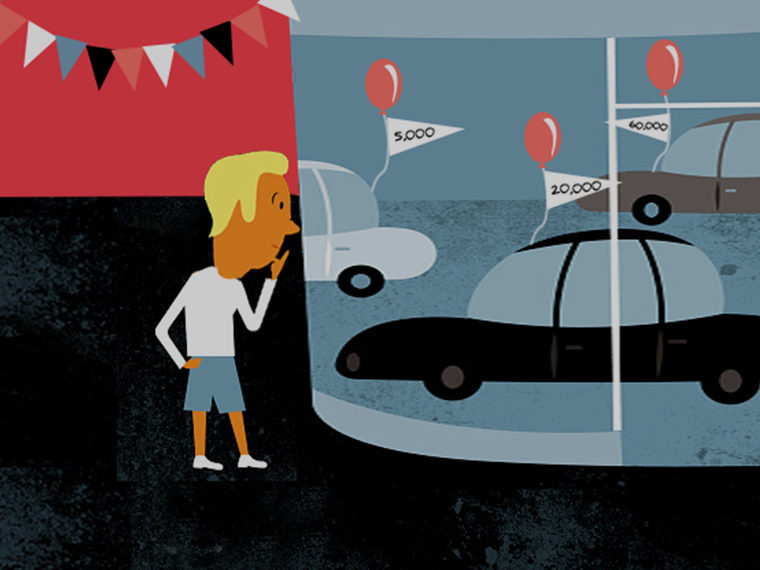If the boss is your friend, and compensation decisions are public, a bonus you’d get on merit might not be forthcoming
Given the hours invested, the intensity required and the physical proximity forced upon us in this age of the open-floor-plan office, having friends at work may feel essential to one’s survival.
Yet research published in the Journal of Experimental Social Psychology suggests there’s one office friendship that can have a costly unintended consequence. University of Chicago’s Alex Shaw, Hebrew University’s Shoham Choshen-Hillel and UCLA Anderson’s Eugene M. Caruso (who conducted this research while affiliated with University of Chicago) find that in certain office situations, managers feel compelled to be extra hard on a colleague who is also a friend.
In a series of lab experiments, the researchers found that when a manager faces a decision that will get a public airing throughout the office — such as deciding which colleague deserves a bonus — he is less likely to give it to a deserving friend, preferring to give it to a non-friend to signal to the entire staff what an impartial boss he is.
Opt In to the Review Monthly Email Update.
Anticipating the optics of appearing to favor a friend (even when said friend rocked the project and deserves the bonus on merit) causes bosses to develop a bias against their friend. “They will systematically treat their friends in a worse manner than they treat their non-friends,” write Shaw, Choshen-Hillel and Caruso. “The concern with being condemned for partiality … even when there is a merit-based justification for doing so,” can cause bosses to throw high-performing friends under the bus in an effort to avoid potentially taking some air out of office morale.
Notably, the researchers find that when bosses have the cover of knowing the bonus will remain private, they have no problem giving their deserving friend the reward.
With Friends Like These…
The researchers ran eight iterations of a primary experiment:
Two employees, Mark and Dan, have the same job and same salary. Each is awarded an equal $200 bonus, but the boss has another $100 to dole out. The boss relies on feedback from other staff to decide how to allocate the final $100. Both Mark and Dan had good reviews, but Mark had slightly better reviews.
The study participants had two choices: Give the $100 to Mark or choose to not give the $100 to either employee.
When study participants (in the role of the boss) were told that Mark is their friend and that giving him the bonus will be broadcast publicly, the participants chose to give Mark his deserved bonus 61 percent of the time. When participants have the cover of knowing the bonus decision will be kept private, participants chose to give Mark his bonus 89 percent of the time. When Mark was framed as just a colleague, and not a friend, there was no gap; participants gave the bonus in 87 percent of the private frames and 88 percent of the public frames.
In another experiment, more than 200 participants were presented a different framing. Participants were told a friend slightly outperformed the other bonus candidate, but their choices this time are to give their friend the bonus (on merit) or use a coin flip to decide between the friend and non-friend. When the decision will be made public, the participant gave the deserving friend the bonus 27 percent of the time; the coin flip became a convenient cover to avoid appearing to play favorites, even when the friend actually deserved the bonus. When the deserving worker is a colleague who is not a friend, participants gave the bonus more than 60 percent of the time.
A boss’s concern with how the office will react is well placed. Shaw, Choshen-Hillel and Caruso establish that the office crowd is in fact sensitive to perceived favoritism. In an experiment that had nearly 200 participants read about a manager’s bonus options (the same scenario as in earlier experiments), participants were asked to rate on a 1–7 scale whether they thought the boss had been fair.
Giving the bonus to a non-friend colleague was deemed fairer (5.54) than giving the bonus to a pal (4.57). And not doling out the bonus at all was deemed fairer when the boss was considering giving it to a friend (5.13) than to another colleague (4.11). In a related experiment, the researchers document that bosses are aware of (and motivated by) the fact that they will be judged to be unfair if they dole out the bonus to a deserving friend.
Somewhat like the coin-flip dodge, another experiment in this study found that when participants acting as bosses are told they can have an impartial third-party make the bonus decision, they opt for this 45 percent of the time when the deserving employee is a friend, compared to 8 percent of the time when the recipient is merely a colleague.
The Hamilton Test
The researchers rounded out their studies by moving them beyond the scope of a workplace bonus tied to workplace merit. They tested how participants would deal with being a boss who has an extra ticket to the Broadway show Hamilton to give as a bonus.
In the experiment, participants are told two employees have each been given two tickets to the show, but the fifth ticket is still up for grabs. Once again, a slightly more deserving employee was identified. Participants could either give him the ticket or resort to a coin flip. An added twist in this experiment was that the tickets were variously expensed by the office or had been purchased by the manager for personal use.
When the fifth ticket was from the office, participants said they would give it to the deserving friend 28 percent of the time, but if it was a household purchase, they would give it to their friend 58.5 percent of the time. Concerns about how fair or unfair the decision would be motivated participant choice.
Shaw, Choshen-Hillel, and Caruso note that not all managers “navigate the dynamics between impartiality and favoritism” by over-correcting in a biased way against a friend. Across the experiments, many participants chose to give the bonus based on merit, period. Appearances be damned. But their overall findings “highlight a delicate pressure that people are sometimes faced with when they consider such decisions between fairness and loyalty.”
That’s a pressure for management and HR to be aware of, but perhaps more important for the rank and file to understand. Friendship in the workplace can have a very real unintended consequence.
Featured Faculty
-
Eugene Caruso
Professor of Management and Organizations and Behavioral Decision Making, Bing (’86) and Alice Liu Yang Endowed Term Chair in Teaching Excellence, Faculty Co-Director, Inclusive Ethics Initiative
About the Research
Shaw, A., Choshen-Hillel, S., & Caruso, E.M. (2018). Being biased against friends to appear unbiased. Journal of Experimental Social Psychology, 78, 104–115. doi: 10.1016/j.jesp.2018.05.009






